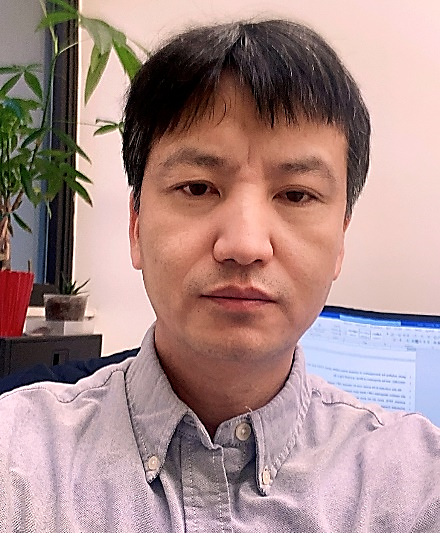Guest Editors
Prof. Shunbin Ning
E-mail: nings1@etsu.edu
Affiliation: Department of Medicine, Center of Excellence for Inflammation, Infectious Diseases, and Immunity, Quillen College of Medicine, East Tennessee State University, Johnson City, TN 37614, USA.
Homepage:
Research Interests: EBV, host-virus interaction, viral oncogenesis

Summary
Virus-induced cancers represent a significant global health challenge. Several viruses, including Epstein-Barr virus (EBV), Kaposi’s Sarcoma Herpesvirus (KSHV), Human T-cell Leukemia Virus-1 (HTLV1), human papillomavirus (HPV), and hepatitis B and C viruses (HBV and HCV), can induce cancers in humans, during which evasion of the host immune system through various mechanisms play a key role. Common strategies include the downregulation of major histocompatibility complex (MHC) molecules, disruption of innate immune signaling, manipulation of immune checkpoint pathways, and orchestration of oxidative stress. These alterations create an immunosuppressive and inflammatory microenvironment that fosters genetic mutations and genomic instability, ultimately driving cancer development. Each virus also employs unique oncogenic mechanisms. For example, EBV transforms B cells by expressing viral proteins that mimic B cell growth signals and inhibit apoptosis, while HPV oncoproteins E6 and E7 degrade tumor suppressors such as p53 and retinoblastoma protein (Rb), leading to uncontrolled cell proliferation. HBV and HCV induce immune tolerance, allowing chronic infection and the development of hepatocellular carcinoma.
This Special Issue focuses on the various strategies employed by oncogenic viruses to evade host immune detection and response. Understanding of these mechanisms is essential for the development of targeted immunotherapies and vaccines to combat virus-associated cancers.
Keywords
EBV, HTLV1, KSHV, immune evasion, viral oncogenesis